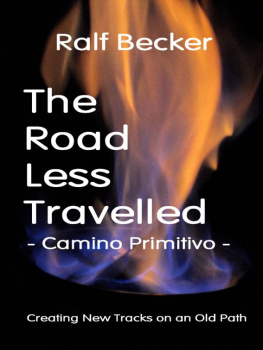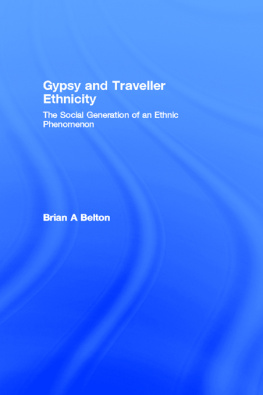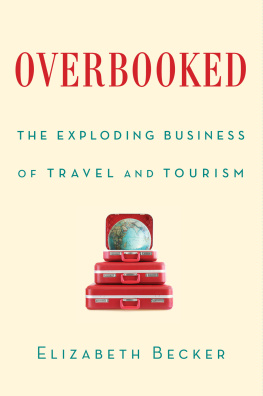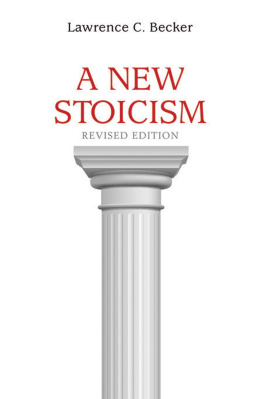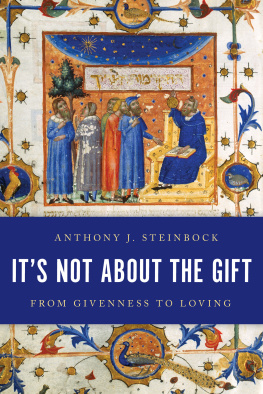Brian W. Beckeris professor of neuropsychology and associate chair in the Department of Psychology & Applied Therapies at Lesley University in Cambridge, Massachusetts. He obtained his doctorate in clinical psychology, a masters degree in theology from Fuller Theological Seminary in Pasadena, California, and is currently a licensed clinical psychology/neuropsychologist in Massachusetts. He is co-editor-in-chief of the Journal for Continental Philosophy of Religionand an associate editor of the Routledge Psychology & the Other Book Series. Some recent publications include a co-edited volume titled Unconscious Incarnations: Psychoanalytic and Philosophical Perspectives on the Body(2018, Routledge), From Psychoanalysis to Metamorphosis: The Lacanian Limits of Zizeks Theology (chapter in Zizek & Christianity, 2018, Routledge), and Flight from the Flesh: Freuds Id and Ego as Saturated Phenomena (chapter in Breached Horizons: The Work of Jean-Luc Marion, 2017, Rowman & Littlefield).
There were days, years perhaps, in which I thought this work would never materialize, partly due to the tortuous paths taken to arrive here, professionally and personally. Despite working on this book in some form since 2008, it was not until delivering a paper at the 2019 gathering of the International Network in Philosophy of Religion(INPR) that an unabated direction and clarity took hold. The unfolding of world events since then solidified this purpose. Only by the support, encouragement, and opportunities provided by others along this path did I manage to see this project through to its completion.
This begins with John Panteleimon Manoussakis, whose response to an essay I wrote in 2015 inaugurated a renewed confidence to pursue philosophical research. Along with John, Matthew Clemente has been a continuous source of support and inspiration. I am grateful for his feedback on earlier versions of this text and for continuously asking me about this books progress. I am exceptionally thankful to both for our discussions and editorial collaborations on the Journal for Continental Philosophy of Religion. It should be noted that, in many ways, this work is a younger sibling to their two recent publicationsManoussakis The Ethics of Time(2017) and Clementes Eros Crucified(2020).
Next, I want to thank Emmanuel Falque and Richard Kearney. I am grateful to Falque for welcoming me into his course at Boston College in 2016, subsequent invitations to INPR, and expressions of confidence in the philosophical merits of my work. Kearney has been profoundly supportive as well. I am especially thankful for the opportunities he has facilitated over the years, for our past collaborations, and for those we undoubtedly will continue to have.
I thank Jorge Roggero for his collaborative spirit and generous invitation to present some of this work at the Jornada Internacionalesconference on Jean-Luc Marion, held in 2021.
I thank my home institution of Lesley University for supporting a sabbatical and allowing the space to continue my research when administrative work and teaching could easily consume all that time. I also thank Boston College for granting me a research fellowship in 20182019, allowing me access to the abundant scholarly resources at its disposal.
Sydney Wedbush and Jana Hodges-Kluck at Lexington Books have been wonderful to work with, and I thank them for their time and effort leading up to the publication of this book. Since meeting her at SPEP in 2016, Jana has regularly contacted me to inquire about a book, despite receiving my often-repeated reply that Ill be ready to submit a proposal soon. Her tenacity in following up with leads speaks to what a profound resource she is to her publisher. I would also like to thank the reviewers who took the time to carefully read my manuscript. Their comments and questions were incisive and helped to improve the manuscript.
David Goodman has straddled my professional and personal journey since its nascent beginnings. As my closest friend and principal interlocutor over nearly twenty years, this book bears his imprint throughout. He was the first to recognize how that paper delivered in 2019 expressed my distinct voice in a manner no other paper previously had. Only the one who knows and understands me best could ever see that. Thank you.
Another close colleague and friend, Heather Macdonald, has provided enthusiastic support for many years. Our conversations have had a profound and lasting impact on me, one that will never fade despite the physical distance our careers have taken us. To speak on topics ranging from breaded cats to football to detailed examinations of Kants Critique of Pure Reasonis a combination one rarely finds in this life.
I am profoundly grateful for the love, support, and encouragement of several other individuals. My life, let alone this book, would be unthinkable without Ed Joyce, whose fatherly guidance and wisdom are forever part of who I am.



